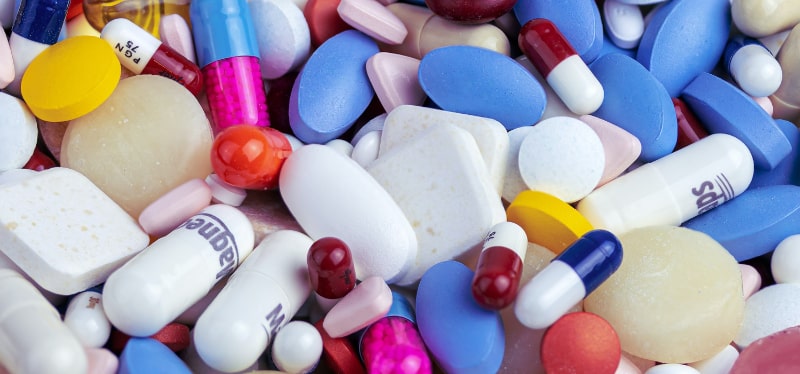Do People Abuse Adderall?
Yes, people do sometimes abuse Adderall. Although it is a prescription medication used to treat ADHD and narcolepsy, it is also commonly misused and abused for its stimulant effects. Some people take larger doses than prescribed, or they take it without a prescription to increase their focus, concentration, or energy levels. In fact it is often described as a version of meth. Here we are going to get into the specifics of meth vs Adderall.

Meth Vs Adderall: Start Here
Methamphetamine and Adderall are two drugs that are often compared to each other due to their chemical similarities and similar effects on the brain. Both are central nervous system stimulants that can increase alertness, focus, and energy levels, and both have a high potential for abuse and addiction.
However, while there are similarities between meth and Adderall, there are also significant differences that make them distinct substances with different effects and risks. Understanding these differences is crucial for addiction treatment professionals who work with individuals struggling with addiction to these drugs.
Methamphetamine (Meth)
Methamphetamine, also known as meth, crystal, or ice, is a highly potent and addictive stimulant that is made from pseudoephedrine or ephedrine. It can be smoked, snorted, injected, or swallowed, and its effects can last for up to 12 hours. Methamphetamine increases the levels of dopamine and norepinephrine in the brain, leading to intense feelings of euphoria, energy, and confidence. However, it can also cause severe negative effects, such as paranoia, anxiety, aggression, and hallucinations. When a person is addicted to meth, a rehab is the best option for treatment of the disorder.
Adderall
Adderall, on the other hand, is a prescription medication that contains a combination of amphetamine and dextroamphetamine. It is commonly used to treat attention deficit hyperactivity disorder (ADHD) and narcolepsy. Adderall works by increasing the levels of dopamine and norepinephrine in the brain, similar to methamphetamine. However, it is taken in lower doses and under medical supervision, which reduces the risk of abuse and addiction. But addiction to Adderall does happen.
Differences Between Meth and Adderall
The main difference between meth and Adderall is their chemical structure and purity. Methamphetamine is a street drug that is often made in illegal labs, which means that its potency, purity, and ingredients can vary significantly. This makes it much more dangerous and unpredictable than Adderall, which is a regulated and standardized medication.
However, despite these differences, both meth and Adderall can be highly addictive and can cause severe physical and psychological dependence. Individuals who abuse these drugs may experience withdrawal symptoms, such as fatigue, depression, irritability, and cravings when they try to stop using them. Therefore, addiction treatment is crucial for anyone who is struggling with addiction to meth or Adderall.
Getting Treatment for Meth or Adderall Addiction
In addiction treatment, professionals use a range of evidence-based therapies and interventions to help individuals overcome addiction and build a healthy, fulfilling life in recovery. These may include detoxification, medication-assisted treatment, behavioral therapies, support groups, and aftercare planning.
The goal of addiction treatment is not only to help individuals stop using drugs but also to address the underlying factors that contributed to their addiction, such as trauma, stress, or other mental health issues.
Meth Vs Adderall Getting Help
While meth and Adderall share some similarities, they are distinct substances with different effects and risks. Addiction treatment professionals must understand these differences to provide effective and individualized care to individuals struggling with addiction to illicit drugs as well as prescription drug dependence. With the right treatment and support, recovery from meth and Adderall addiction is possible, and individuals can achieve lasting health and wellbeing.


